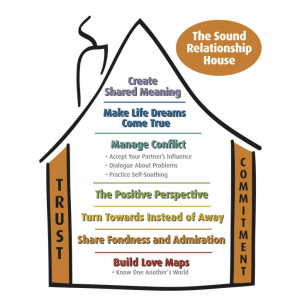
Tools for Clinicians
This is a collection of tools I developped for EMDR and CPT clinicians at the California State Hospital. They were used to assist them with doing a more comprehensive assessment for trauma patients during lock down situations (when they were not able to go on to units, like in a pandemic etc.). We needed tools that were web based but the restrictions of the state hospital did not allow me develop tools in any PHP, MS Access, or any database system other than Excel. And they refused to integrate the assessment tools and calculations into their EMR. And I was only allowed to use Excel and the MS Forms application for data collection because they were free to the hospital. MS Forms does not do any data calculation. So I wrote code to integrate both MS Forms and Excel easily. They are free for clinicians to use. I would just ask that you drop me a line at craig@craigtuckercsw.com to let me know you are using them and also to contact me if you want any changes made.
MS Forms Scoring Templates
Instructions for using the templates is contained in the excel file. A link to duplicate the MS-Forms version of the assessment tool are available in the excel file. Permission to use the WHODAS 2, and Portions of the PROMIS tools in the Cross Cutting Symptom Measures in electronic form was obtained for the State Hospital. If you use these for personal practice you are required to obtain permission from the WHO and PROMISE organizations. This involves sending them an email, and making the request (assuring that you are not using them to make money), and waiting for their ok. There no restrictions on the other tools.
Scoring Template-Cross-Cutting Symptom Measures 1.2.xlsm
Scoring Template-PHQ-9 with graph.xlsm
A powerpoint describing how to use the scoring templates. This is an old file from the original set I made so the links no longer work but the instructions are good.
How to use Scoring Template-Cross-Cutting Symptom Measures.pptx
This is a Talk I gave at the 2022 DSH Forensic Conference about the need for more evidence based trauma treatments within our forensic mental health systems:
On Addressing the Cycle of Trauma Symptoms, Relapse, and Recidivism
